Containing the eclipse of democracy in West Africa
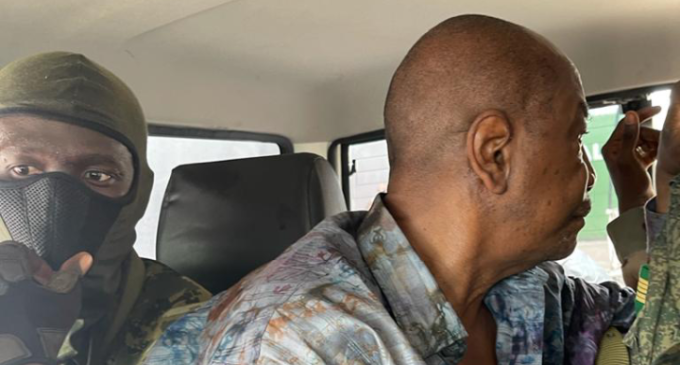
BY WEALTH DICKSON OMINABO
The West African region and by extension the Sahel is undergoing a new phase of democratic eclipse, characterised by abnormal transfers of power, insecurity, human rights abuse and a heightened state of democratic betrayals.
Four successful coups within the last two years – two in Mali, one in Guinea and now Burkina Faso — foreshadow a sad fate for democracy in the region and perpetrators of these political travesties are getting emboldened every day. Unconstitutional change of government as witnessed in recent times in West Africa constitutes a political travesty that should attract severe sanctions.
Coups by their nature are criminal offences that attract capital punishment in many countries. This explains why such political adventures should be a rarity if not for anything, for the risk that comes with failure. The successes of coups in West Africa is indicative of the challenge of statehood in our nations, as democratic leaders are failing to live up to their democratic responsibilities.
Coups do not just happen, they are strategically planned and executed by state actors who most times ride on citizens’ dissatisfaction with the state of affairs in their country. The recent coups in Mali, Guinea and Burkina Faso have all been predicated on the failure of leadership in these countries where protests and civil agitations have always prepared the ground for the putschists who come under the guise of redemption to take over power.
At the centre of Africa’s democratic challenge is the issue of state fragility — the states have become weak and dysfunctional, thereby unable to contain internal and social threats. Many African nations are weighed down by insecurity, poverty, unemployment and underdevelopment.
These challenges have given rise to the emerging debates in the continent as to whether democracy is really the solution to Africa’s quest for development, peace, security and self-sufficiency. Some stakeholders have argued that democracy has failed Africa because it is a Western culture that does not take cognizance of some of the peculiarities within African societies. They posit that western-style democracy cannot and will never address the concerns of Africans, hence the need to develop a homegrown system that will work for the African people.
Others on the divide insist that the declining state of democracy in the continent cannot be attributed to the system of government. They argue that democracy itself has no issue but the problem lies in the people, the leaders who have failed to see democracy for what it is. According to them, democracy is a vehicle for social inclusion, a platform for attaining human’s greatest aspirations such as freedom, peace, justice and development. To achieve this, they posit that leaders must be accountable and deliver good governance to their citizens.
Beyond the debates, one significant lesson that these recent coups in West Africa have taught us is that without peace, security and good governance, democracy will lose its essence and value. Another lesson, perhaps most important, is that it takes more than a nation to preserve democracy in a country. Peace and democracy in today’s world of globalisation and multilateralism are seen as a collective asset and their preservation is tied to the cooperation and unity of all stakeholders.
Antonio Guterres, the United Nations secretary-general, made the point last year that the absence of enough deterrence was responsible for the epidemic of coups d’état in the world. He said the lack of adequate sanctions from the security council was responsible for the impunity of some military officers.
He said: “Now, we are seeing a multiplication of coups d’état. The fact that we have strong geopolitical divides; the fact that the “security council has lots of difficulties in taking strong measures; the impact and the problems of COVID and the difficulties that many countries face from the economic and social point of view — these three factors are creating an environment in which some military leaders feel that they have total impunity. They can do whatever they want because nothing will happen to them.
“My appeal obviously is for, especially, the big Powers to come together for the unity of the security council in order to make sure that there is effective deterrence in relation to this epidemic of coups d’état. We have seen that effective deterrence today is not in place. We have seen it in Myanmar, and we have also seen it in several African locations.”
The burden of preserving democracy lies with all stakeholders, both government and citizens. On the part of the government, it must prioritise good governance and civil liberties of the citizens because these intrinsic elements reinforce the foundation of democracy. Governments must also be deliberate in building strong institutions in their countries. Strong institutions serve as buffers to internal and external threats to a country.
Citizens on their part should realise that democratic sustenance is tied to their resilience and determination. They must overcome the current trend of cooperating with the military officers to normalise a culture where the ballot will become subservient to the bullet. Rather let us all work to ensure that democracy triumphs over the bullet and guard our civic space from strong men both in uniform and those civilian robes.
Ominabo is the communications officer at the Goodluck Jonathan Foundation
Views expressed by contributors are strictly personal and not of TheCable.


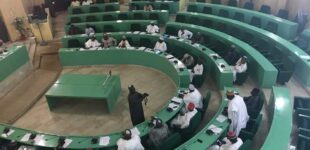
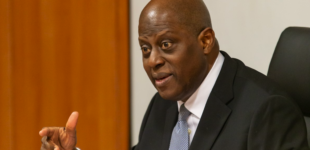
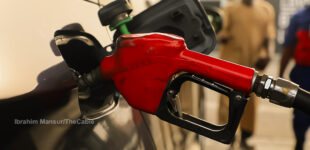
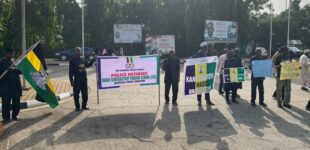
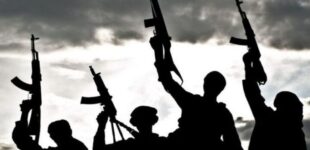

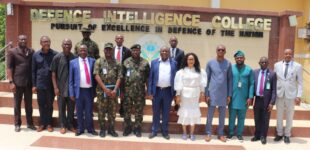


There are no comments at the moment, do you want to add one?
Write a comment